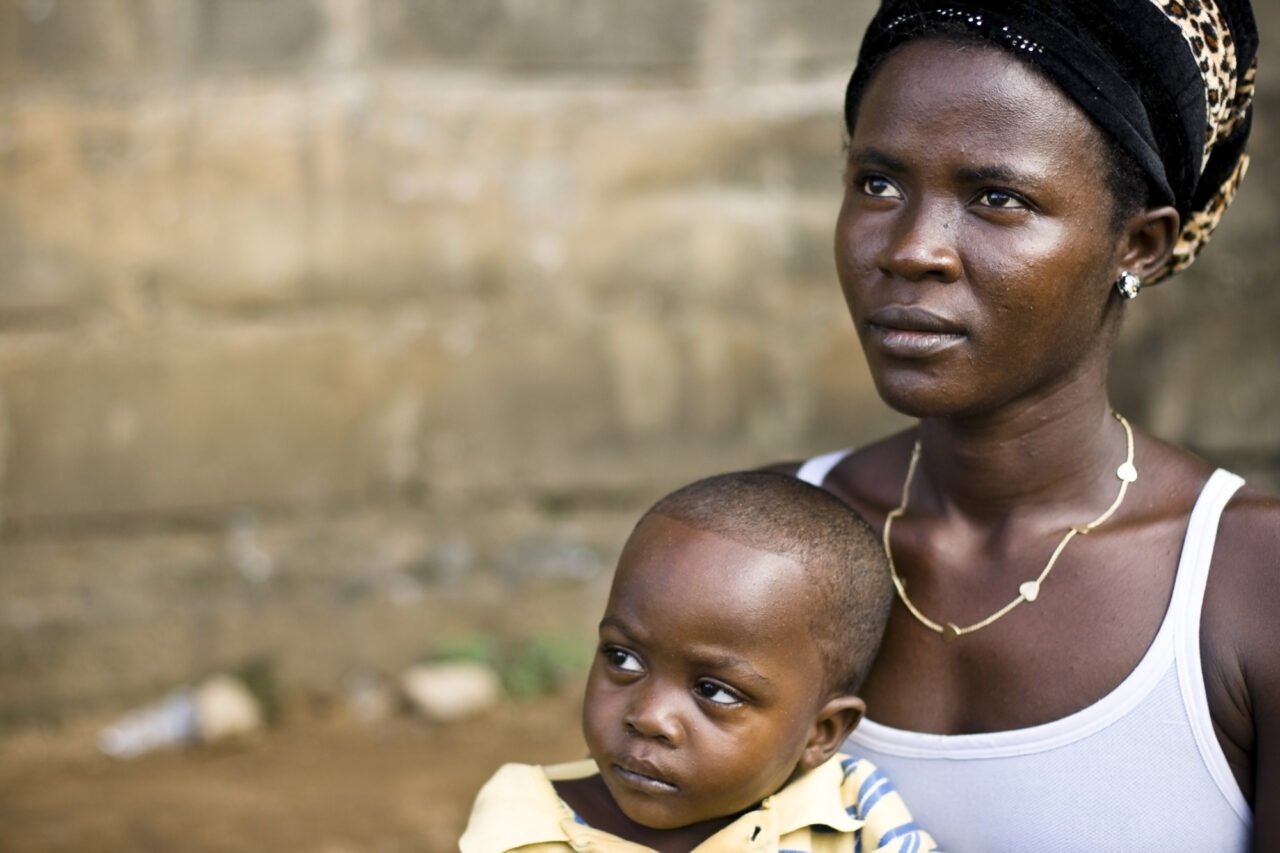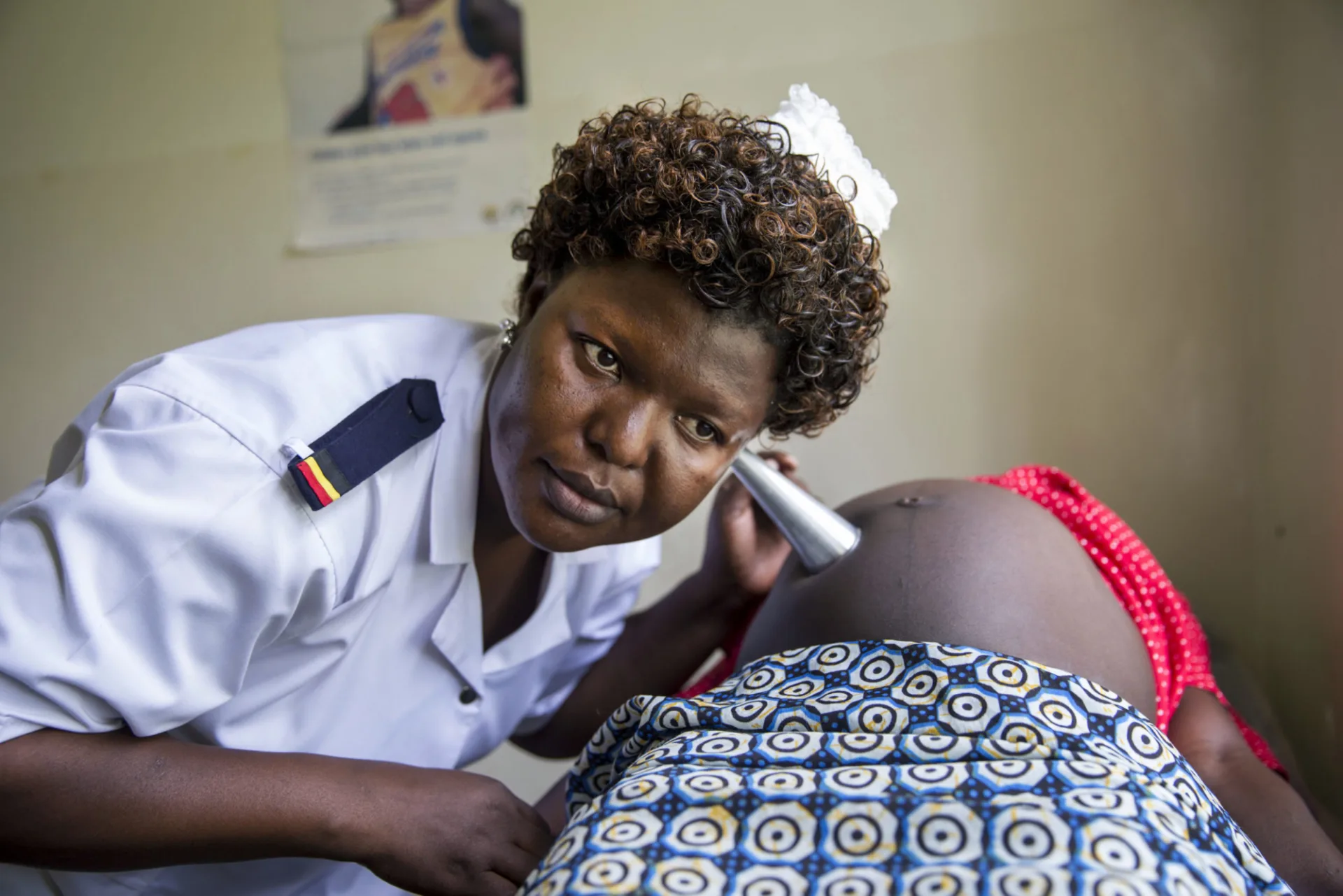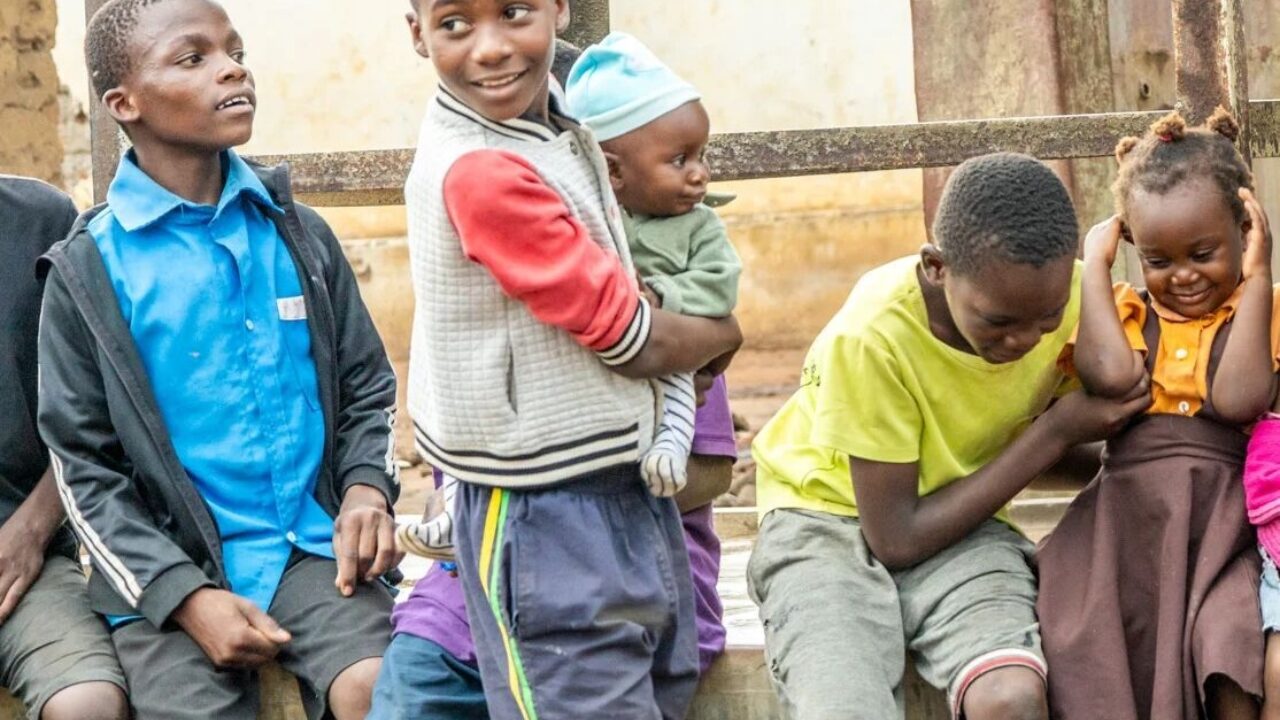It's a solvable health challenge stealing 200,000 young futures annually.
Despite decades of medical research and low-cost solutions at the ready, the heavy burden of congenital syphilis – caused by transmission of the infection from mother to child during pregnancy – persists. A new CDC report highlighting a dramatic increase in congenital syphilis cases in the United States underscores the urgent need for broader efforts to combat this preventable disease globally.
We have the tools to fill these cracks and eliminate congenital syphilis – it’s time to do better for mothers and babies everywhere.
In 2022, more than 3,700 babies were born with congenital syphilis in the US, a tenfold increase since 2012. This resurgence is a grim reminder of the preventable suffering that continues to slip through the cracks of prenatal testing and treatment. We have the tools to fill these cracks and eliminate congenital syphilis – it’s time to do better for mothers and babies everywhere.
As the CDC notes, congenital syphilis can have devastating health impacts including stillbirth, birth defects, blindness, and infant death. Screening pregnant women during prenatal care and promptly treating any positive cases are critical interventions recommended by the WHO for eliminating transmission to newborns. A single dose of the antibiotic benzathine penicillin before the third trimester reduces the risk of stillbirth by 82%, the risk of infant death by 80%, the risk of low birth weight by 60%, and the risk of physical and cognitive defect caused by having syphilis at birth by 96%.
In sub-Saharan Africa, progress in HIV testing has paved the way for accessible syphilis screening. Dual HIV/syphilis tests, easily administered by nurses and midwives with a single finger prick, provide accurate results within 15 minutes. This simple solution leverages existing prenatal care channels, saving lives when implemented at scale. Evidence Action’s Syphilis-Free Start program has already made significant strides for pregnant women in Liberia, providing training on dual testing and syphilis treatment to nearly every health facility that serves pregnant women in the country in just a couple of years.
We couple these community-level interventions with initiatives to bolster supply chains, funding, and reporting systems critical for sustained success. In collaboration with the Ministry of Health and National AIDS and STI Control Program in Liberia, we helped develop tools for tracking testing commodities and antibiotic treatment down to the facility level. Strengthened real-time visibility into inventory and protocol compliance enables health providers to deliver consistent care.
Globally, neonatal mortality remains tragically high, with 2.3 million infant deaths in the first month of life in 2021 – approximately 6,400 neonatal deaths every day. Even in the United States, infant mortality has risen significantly, highlighting gaps in access to quality prenatal and postpartum care that disproportionately impact women of color and low-income communities.
Ours is the type of frugal health innovation that could offer lessons to higher income countries. The results of our comprehensive syphilis control approach demonstrate the life-changing impact consistent screening and treatment can achieve. Liberia’s syphilis screening coverage rose from less than 10% before dual test adoption to 70% as of June 2023, and we’re on track to reach the goal of 80% screening coverage by 2025.
Syphilis-Free Start is currently expanding to support governments in Zambia and Cameroon – two countries with high syphilis prevalence. Even wider adoption of this proven model will be vital to reversing upticks in cases globally.
Investments and partnerships to broaden the reach of evidence-based solutions is critical to reverse these trends.
If we can overcome barriers to providing life-saving maternal and child health interventions in low-resource regions, then surely we possess the means to safeguard the wellbeing of mothers and babies here in the United States. Investments and partnerships to broaden the reach of evidence-based solutions is critical to reverse these trends. We can apply the learnings from low-income countries in the US. We know the steps that work to prevent needless congenital syphilis deaths and disabilities. And we are seeing dramatic progress where governments show political will, and we can mobilize resources in line with their priorities.
Congenital syphilis echoes globally, from sub-Saharan Africa to urban America. But its toll is not inevitable if we bridge the gaps in care. There is simply too high a human cost not to act with urgency.
-





